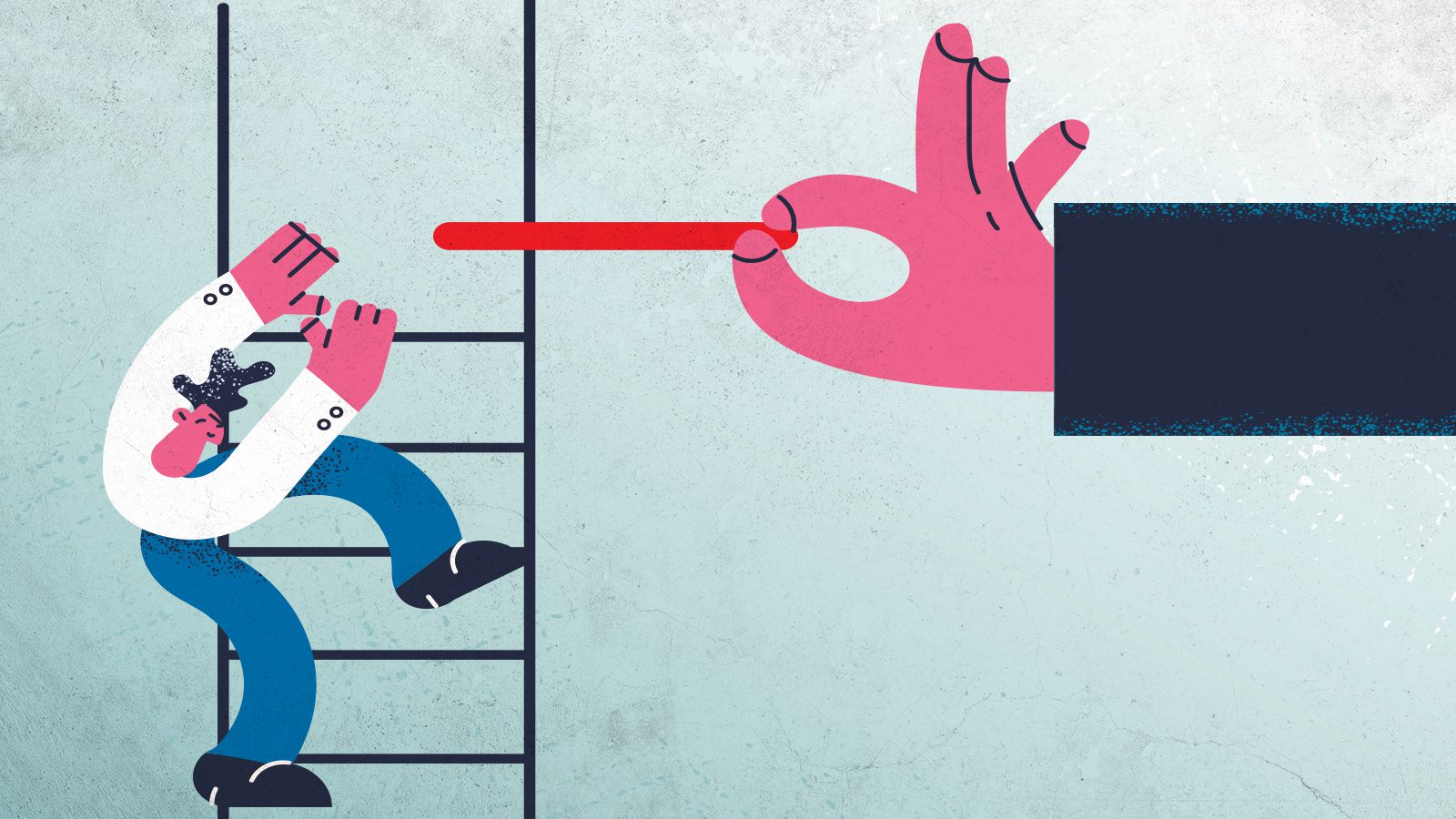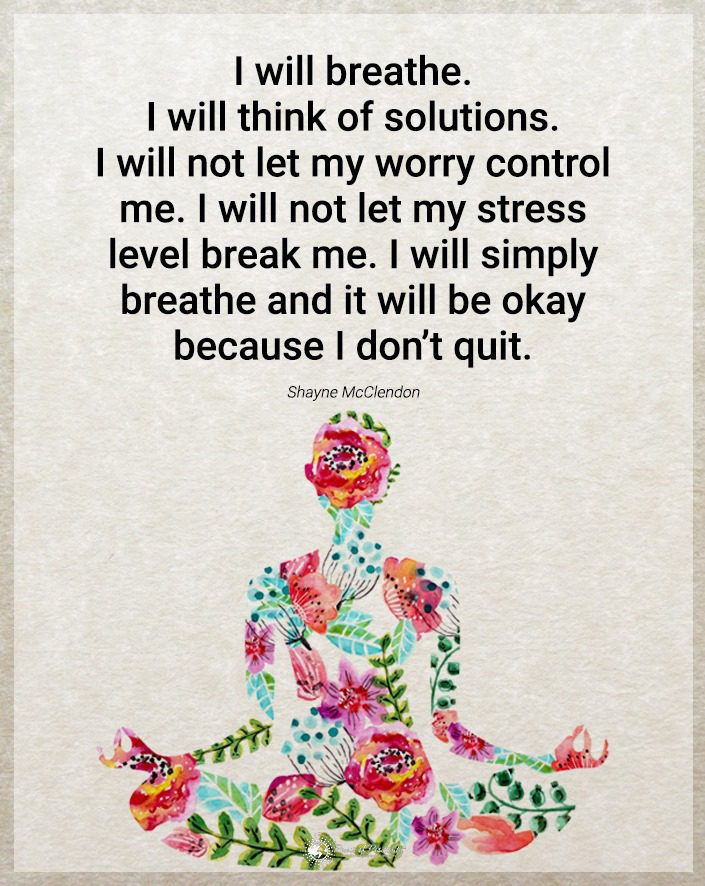eAre you a people-pleaser? People-pleasers are notorious for doing anything at all to try and make others feel happy or satisfied. On the surface, that can sound like a positive trait. After all, being compassionate, thoughtful, and a peacekeeper is usually a good thing. But people-pleasers take that much too far and jeopardize themselves and their relationships.
Many people-pleasers go to great lengths to help other people, to the point that they have difficulty saying “no.” This can leave them burned out and exhausted while making them a target for people who want to take advantage of them. Then, resentment will begin to grow as the people-pleaser realizes that very few people will do for them what they do for others. They feel unappreciated, and it makes them bitter.
If that sounds like you, you probably are a people-pleaser and might be getting pretty tired of it! The good news is that this is something you can change. You need to consider your own needs and desires because you deserve to be happy as others do! But how can you start? Here’s how to stop being a people-pleaser and put your needs first.
1. Start Small When Breaking the People-Pleaser Cycle
A lot of the advice we’ll be giving here today can seem daunting to someone who’s been a people-pleaser. That’s why it’s totally okay to start small, even if those small starts don’t give you the full boundaries that you’ll be working up to. This can help you to gain confidence in yourself, so you’re eventually able to put your foot down when and where you want to.
Some small steps you can take are as follows:
· Make A List Of Desired Boundaries
What are some boundaries you’d like to have in your life? Write them down. Then, pick a few to start to set, communicate, and reinforce. Once you can identify boundary-breaking peacekeeper behaviors related to those few, increase the boundaries that you enforce. You’ll likely find yourself adding and removing limitations as time goes on and you become more attuned to your needs.
· A People-pleaser Mus Practice Saying “No.”
“No” isn’t a word reserved for people asking something of you. It’s a word you’ll use when interacting with various people, including strangers you’ll never see again. Practice saying “no” in low-stakes circumstances. When you’re asked if you’d like to buy an add-on with your meal, instead of just saying “yes” to make things smoother, say “no.” When a telemarketer calls, don’t waste time hearing them out to let them down gently – say “no.” When an acquaintance you barely speak to asks you to lunch, say “no.”
· Try Offering Alternatives
The end goal of stopping people-pleasing behavior is to be able to say “no” and leave it at that. But if you need to start small, you can begin by trying “no, but” or “yes, but” instead. You offer alternatives that are more in line with your abilities. If someone asks if you can help cover their shift, say, “No, but I can ask (colleague’s name) if they’ll cover it for you.” When an acquaintance invites you to a party, say, “Yes, but I’ll be arriving late.” This allows you to ease yourself into the habit of turning people down.
2. A Recovering People-pleaser Should Respond Wisely To Requests
As a people-pleaser, your first instinct when confronted with a request from someone is likely to say yes. You’ll want to shift your schedule around and do things for others at the cost of your own time and energy. It can almost be an impulsive response – you hear someone ask, and you reply “yes” without even thinking!
This is why it’s so essential to respond wisely to requests. Here are some ways to handle this as a recovering peacekeeper:
· Stall For Time
Did you know that research shows that pausing before making a decision can optimize and improve your decision-making ability? People-pleasers can learn something from that science! Instead of saying “yes” right away, stall for time and take a pause. Tell the person that you’ll get back to them in an hour or another appropriate time that is reasonable for them and you. Then, use that time to consider if you want to do this if you have time or energy for it, and how stressed out you’ll become if you accept. Even taking a few moments to think it over can be enough to kick more rational thoughts into gear!
· Don’t Make Excuses
People-pleasers also often feel the need to step into the role of a peacekeeper. This means that you might feel the urge to come up with reasons and excuses for why you won’t be helping someone or doing things for them. Don’t blame other obligations and avoid explaining something at length. This will only give others the chance to poke holes in those excuses. It also creates a more defensive tone that sounds like you can be negotiated with. Use a powerful, firm voice and don’t elaborate or add unnecessary information. “No” is a complete sentence!
· Don’t Say That You “Can’t.”
The word “can’t” comes with many hidden implications that people can quickly pounce on. People who need a peacekeeper and are already pushing boundaries will not be deterred by the word “can’t.” They see it as a term that means you can be persuaded. If you can’t do it because you’re busy, they’ll tell you it’s just for a little while. If you say you can’t hang out with them, they’ll ask why and find a way to shoot down your reasons. Studies show that using “I don’t” instead of “I can’t” allows you to more easily exclude yourself from plans. It may sound harsh, but it’s necessary for boundary maintenance. “I don’t want to” always works better than “I can’t”!
· Don’t Apologize
People often apologize for being unable to do something, but is that always necessary? In many cases, it simply gives boundary-pushers the chance to use that apology as an admission of guilt, which they can then use to twist your arm. They know you are a natural peacekeeper who seeks to appease everyone. But you don’t owe anyone your time, effort, or energy, so why are you sorry for not being able to give it to them? Use your best judgment to determine when and where apologies are necessary, and stop handing them out freely!
3. Build Your Self-Esteem as You Shift Away from Your People-pleaser Role
People-pleasers often have trouble standing up for themselves. They may be unable to advocate for themselves and fall into dangerous patterns of self-neglect and unnecessary sacrifice. Why does this happen? A lot of the time, this comes from poor self-esteem.
Consider this. Many people-pleasers often experience sociotropy, according to research. Sociotropy is an excessive desire to earn external approval from others to ensure that relationships are maintained. In other words, you might feel that you have nothing to offer people in your life and have no choice but to do everything for them so they like you.
This is why building self-esteem is so crucial in stopping a people-pleasing habit. Here are some ways to start:
· Remind Yourself Of Your Worth (You Are More Than Just a Peacekeeper)
No matter what your inner critic says, remind yourself that you’re a valuable person who doesn’t need to prove your worth. At first, you may not believe yourself, so telling yourself this might feel silly. But, as time goes on, your brain will be trained by the repeated affirmation and will start to believe and internalize your true value.
· Detach Yourself From Others’ Opinions
This is easier said than done, but you have to face the truth: you can’t be everything to everyone. There will be people who don’t like you. There will be people who have no interest in you. You can’t please everyone, no matter how hard you try. But you can please yourself. Focus on being the person that you can be proud of, not on being someone that others want.
· Be Your Own Best Friend Instead of a Peacekeeper Among Your Friends
Would you be happy if your best friend thought about themselves as you think about yourself? Probably not! The fact is that we, as human beings, are harder on ourselves than on everyone else. Start thinking of yourself as your own best friend and respond to yourself the way you’d react to those you love. This means being kind and patient to yourself while providing important reassurance when you feel low or insecure!
4. Determine Who Matters
There’s nothing wrong with doing things for people in your life, but you have to make sure you’re somewhat selective about who those people are. Healthy relationships with others involve a good amount of reciprocity and shouldn’t be you giving and others taking all of the time.
This is not to say that you should be calculative in your relationships. However, you should be aware of the fairness of your relationships. Are there people in your life who take and never give, who you always do things for but would never do those things for you? Those are people you likely don’t want in your life.
There will also be people who see your people-pleasing tendencies and seek to take advantage of your peacekeeper tendencies. They may manipulate you by guilt-tripping you or using non-stop, harassing persistence to get you to agree with their requests. These are people that you’ll need to cut out!
You may also find that some people in your life are unhappy with your changes to put your needs first and stop being a people-pleaser. No one who truly cares about and respects you will react negatively to normal, healthy boundaries, so keep that in mind as you thin your list of friends and acquaintances.
Ultimately, the goal is for you to only spend your time and energy on people who deserve that from you and would give you that commitment in return. This fosters healthier, more genuine relationships and keeps your kindness without you being a pushover.
Final Thoughts On How To Stop Being a People Pleaser and Peacekeeper and Put Your Needs First
Being a people-pleaser can have terrible effects on your life and mental health. It can cause a lot of stress and anger, lead to inauthentic relationships, and reduce your willpower and resilience over time. Worse still, pleasing others excessively often stems from deeper roots, like a lack of self-esteem, high insecurity, or past negative experiences and trauma.
It can be challenging to learn to stop pleasing others, but it’s far from impossible. It gets easier as time goes on. Finding ways to handle people’s requests in real life goes hand in hand with doing internal work to resolve the roots of your issues. It’s a difficult path, but it’s very much worth it for your mental health and improved relationships!
Maintaining your boundaries is crucial in stopping the negative cycle of being a people-pleaser. You are more than a mere peacekeeper among your friends. Keep utilizing these tips in putting your needs first and stopping the habit, and make sure that you enforce them with the people in your life! Remember that you deserve to be happy and have your needs met, too!

















 Community
Community

